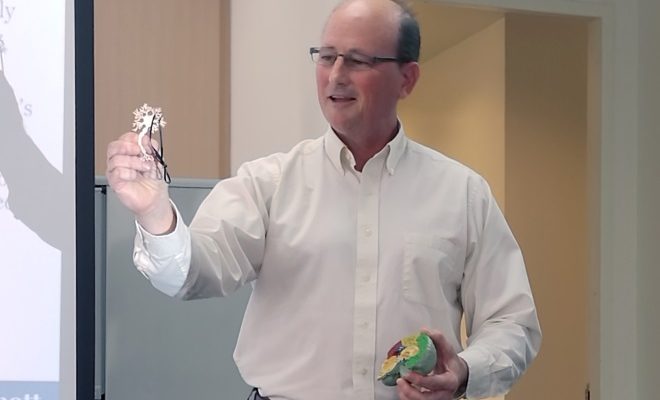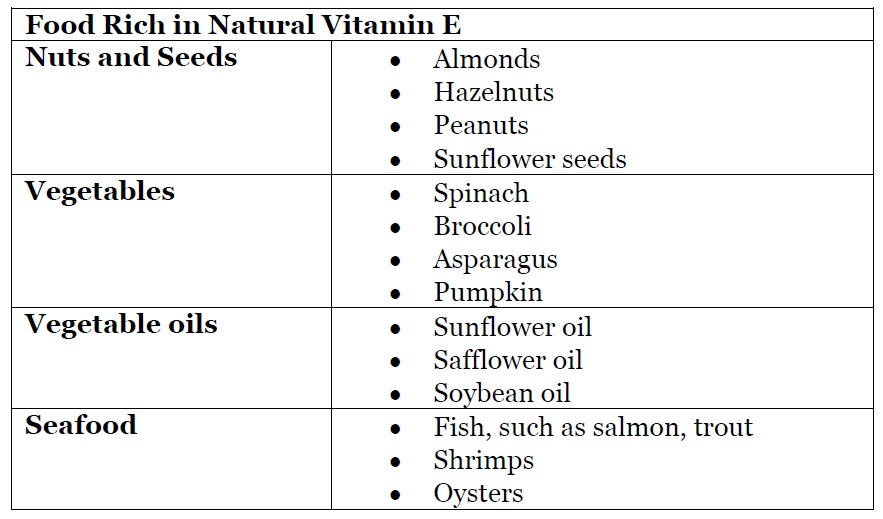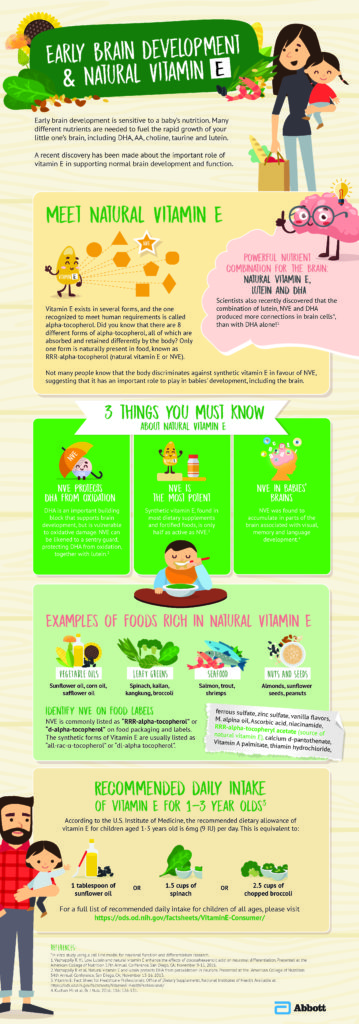
Health x Wellness
Conversation with Dr. Matthew Kuchan about natural vitamin E for infants
We speak with Dr. Matthew Kuchan, Senior Principal Research Scientist, Global Cognition Platform Lead for the Center for Nutrition Learning and Memory, University of Illinois about the role of Vitamin E for infants
According to Abbott, the first few years of a child’s life are crucial for brain development. By 3 years, the infant brain would have grown to about 80 percent of the adult size. Different nutrients are needed to support the infant brain through this growth stage. Some of these nutrients include DHA, AA, choline, taurine, lutein and vitamin E.
Naturally occurring vitamin E from foods is known as RRR-vitamin E (NVE). A recent study conducted by researchers at Abbott revealed that the infant brain discriminates against synthetic vitamin E in favour of natural RRR-vitamin E (NVE). NVE was found to accumulate in parts of the brain associated with visual, memory and language development. NVE is an antioxidant and may play an essential role in protecting DHA from damage by free radicals.
the Active Age (AA): Can you explain to us what the role of NVE is for infants in supporting early childhood brain development?Dr.
Matthew Kuchan (MK): Natural Vitamin E (NVE) is important for development and neural function. It is essential for growth and normal brain development in infants.
NVE is an antioxidant and plays an important role in protecting DHA from damage by free radicals. DHA, an important building block for brain development, is particularly vulnerable to oxidative damage.
A study we did at Center for Nutrition Learning and Memory that was recently published found that the infant brain discriminates against synthetic vitamin E in favour of RRR-α-Tocopherol, which we call Natural Vitamin E (NVE). NVE is better absorbed by the body than synthetic vitamin E. NVE, along with lutein and DHA have been found in areas of the brain important for learning, memory and vision.
AA: How does the child benefit from early and consistent cognitive development?
MK: I believe that early and rich stimulation is quite important for early brain development since this is the period of most rapid brain development. One of the important things that happens during this early development is that brain cells lengthen and then connect with each other. This process reaches a peak between 8 months and 2 years, after which the number of connections decline through a process known as pruning – like in your garden. The connections are very important for learning.
AA:How much of a priority (or importance) is NVE compared to other nutrients?
MK: All essential nutrients are critical normal growth and development, including vitamin E. Natural vitamin E is preferred by the placenta, breast milk and infant brain. This suggests importance.
AA: As parents (or grandparents), what are the top 3 things we can do to encourage our children (or grandchildren) to get optimal NVE?
MK: NVE is predominantly found in breast milk and so babies can get NVE from breast milk.
For young toddlers, nutritional needs should be met primarily from foods. Parents should select an age-appropriate diet that provides all the nutrients in the right amounts. NVE is found in a variety of natural foods, and must be part of every individual’s diet, particularly young children. Parents can read labels of packaged foods to identify NVE or pick foods rich in natural vitamin E.
For children who are particularly picky when it comes to food, don’t allow the food choices to become an issue, just use gentle persistence. Turning the food choices into an issue can cause kids to become more and more resistant.
AA: Besides food, are there other sources of NVE that children can use?
MK: If your child is eating a healthy, well-balanced diet that includes NVE sources on a regular basis, there is no need for him or her to take additional supplements.
It is best to seek advice from your child’s doctor to see if he or she is meeting the recommended intake of vitamin E through the diet.
Abbott has prepared an infographic about NVE and early brain development.











